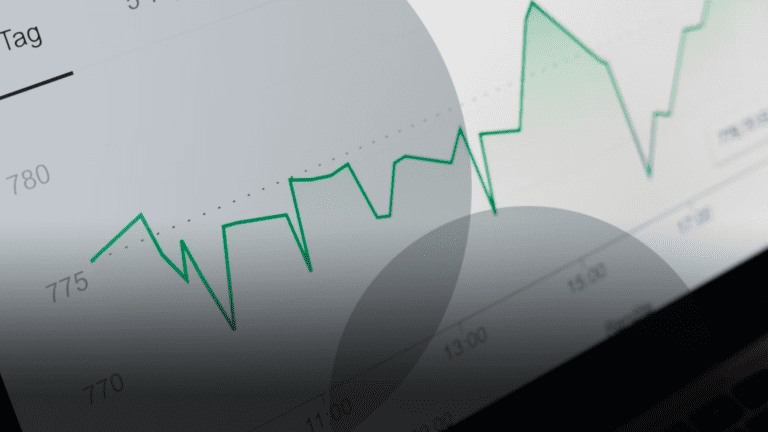
Anna Corbett
Director of Client Success
Anna is responsible for all client delivery, and is our resident data and analytics lead.
The way we consume content is changing. Here's how, why and what we can do about it.
The Internet is ever changing and won’t allow us to stagnate. Whenever we think we’ve cracked it, something else comes along and blows our minds and often our websites out of the water. So here’s what’s on the horizon…
Currently a large amount of website visitors consume content using their mobile phones and tablets, if they’re not using apps like Pocket to read articles and follow RSS feeds, they browse the web in the traditional sense. What we are now beginning to see is ‘usage on the hoof’ – when out and about people use Siri to find the answers they are looking for and when they’re looking for contact details, users no longer browse a company’s website, they get everything they need directly from Google My Business listings. Habits are shifting…
When looking at where this will lead, the future of content consumption looks set to negate the need to browse websites or use search engines completely. With wearable technology such as Apple Watch, Pebble and other devices we don’t yet know about, it’s inevitable that our content consumption habits will change. Content will be displayed directly on these devices, like an answer box snippet in Google but taken further because it’s not in Google, it’ll be appearing on our phone like a text message would. Tom Anthony alluded to this ‘snippet like content’ in his great article about the change in our search behaviour.
Siri and speech control apps like Cortana allow us to ask for content to be delivered directly to our phone or device. Microsoft is encouraging integration of Cortana and apps in their Project Oxford, as reported on Search Engine Land.
This shift in consumption, enabled though technological change, is driven by our desire to consume content rapidly and industry giants are responding to this by adapting their offering to cater for this ‘need for speed’. Facebook, for example, has finally realised that their way of viewing external links, leads to nothing but frustration, and has started rolling out Facebook Instant Articles.
Google, in their attempt to conquer the world is taking even bigger steps, their Knowledge Graph has reportedly 1 billion entities, which removes the need to click through to any website to find answers at all! Images are also being collected by Google into their own database, as Aaron Friedman illustrated last week.
There are 1 billion entities in the Knowledge Graph, which powers the answers you get from Google. — Google (@google) – https://t.co/qUcf0AHmzg #io15 – May 28, 2015
Google Marketplace “buy buttons” will allow us to buy products directly from Google very soon too.
All of the above are advancing our capability to consume content in more immediate fashion and no doubt this will be taken even further in future. Imagine using voice control to search and buy a product without having to use a browser at all! Imagine an Apple watch wearer buying his products without lifting a finger. These may be extreme examples but the reality is, that in the not too distant future, apps and websites will only be used for deeper content drilling. The quick every day search, find and buy actions will not require a browser.
Create content that can easily be taken off our sites and turned into quick digestible snippets of content (making sure it’s labelled with the correct content type by either by adding voice control markup or schema).
Rather than thinking the content you create for your site is yours; you will need to get used to the idea of letting it go. It’s about embracing content sharing rather than being possessive about our content.

Director of Client Success
Anna is responsible for all client delivery, and is our resident data and analytics lead.
View my other articles and opinion pieces below
Google’s Performance Max just got a major upgrade. Anna Corbett breaks down how new channel-level reporting helps you make smarter, data-driven decisions about your ad spend.

Base Creative’s Anna Corbett explains how we use AI to boost campaign performance, from analytics to client conversations – without losing the human touch.

On 1st July, Universal Analytics will stop processing data. UA will be permanently replaced by Google’s new reporting platform, Google Analytics 4. To help you prepare for this transition, we have compiled all of our GA4 information into one place, ranging from guides to FAQs and deep-dives into specific features including cookie-less tracking, API quotas […]

Imagine your next digital marketing campaign. Your mind probably went straight to what you’d like to achieve. Maybe you want to: This is where you need to ask “why?” Why do you want to increase your paid ad conversions? Why does your CEO need more followers? Why do you want more site visitors? “What do […]
